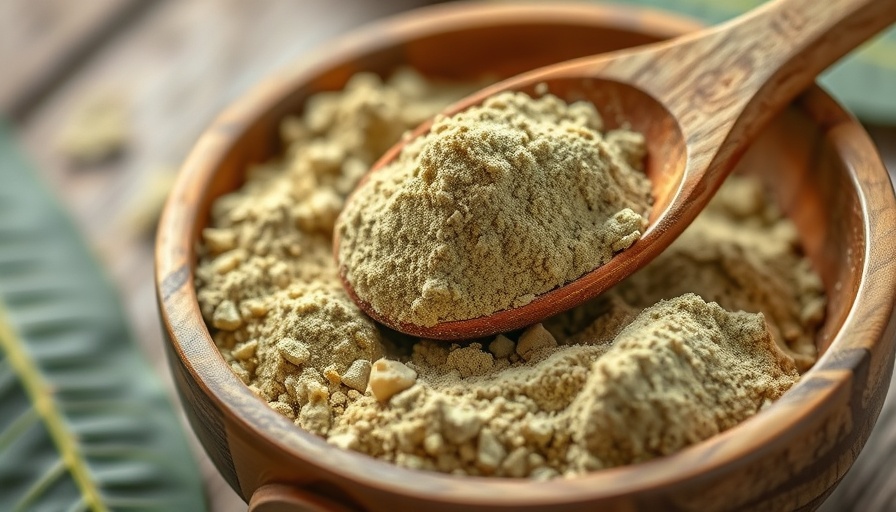
Is Kombucha Tea Beneficial or Risky?
Kombucha, a popular fermented tea, has created a buzz in health circles, touted as a miracle elixir that can cure everything from wrinkles to fatigue. However, the reality surrounding this bubbly beverage is more complex than it appears on the surface. As awareness of kombucha grows, so do questions about its safety and efficacy. While it's easy to get caught up in the hype of wellness trends, it’s essential to analyze both the potential benefits and risks of drinking kombucha.
Historic Beginnings of Kombucha
Understanding the history of kombucha can provide insight into its current popularity. Originally brewed in Northeast China over 2,000 years ago, it has transformed into a global phenomenon, capturing the interest of wellness enthusiasts. Kombucha was believed to offer various health benefits, including improved digestion and immune support. However, along the way, unregulated production has led to questionable safety standards and concerns regarding contamination.
What Are the Claims Surrounding Kombucha?
Many people praise kombucha as a health-boosting powerhouse that helps detoxify the body and fight disease. Stories about individuals feeling more energetic, losing weight, and sustaining better gut health after incorporating kombucha into their daily routine are popular. Yet, what’s behind these claims?
While some proponents share their success stories with kombucha, scientific backing remains scarce. A systematic review of clinical evidence conducted in 2003 found a total lack of efficacy data. The main conclusion? There isn’t sufficient research to support many health benefits attributed to this beverage.
Understanding the Health Risks
Even if you’re tempted by its purported benefits, the potential health risks cannot be overlooked. Several case studies highlight severe reactions from kombucha consumption, including life-threatening lactic acidosis and hepatic dysfunction. In one alarming instance, a young man experienced an acidotic coma that researchers attributed to kombucha. Stories like this prompt caution among health professionals, who often recommend sticking to proven food sources.
Finding a Balance: Should You Drink Kombucha?
With narratives framing kombucha as either a miracle potion or a dangerous concoction, discerning the truth is vital. For those who love the effervescent drink, moderation is key. Moreover, ensuring that the kombucha is produced safely—under sanitary conditions—might minimize risks. Check labels for pasteurization and allergen information. If you have a compromised immune system, it may be wise to consult a healthcare provider before incorporating this beverage into your routine.
Conclusion: Making Informed Choices
As we delve into the world of kombucha, it’s crucial to tread carefully. The trend may feel enticing, especially with celebrities and social media influencers standing behind it. However, we must remember that astonishing claims often come with equally astonishing risks. Before adopting kombucha as part of your regimen, weigh its benefits against potential dangers, and consider how it aligns with your personal health journey. Ultimately, choosing foods that contribute positively to your health is paramount.
For those interested in leading a healthier lifestyle, the value of making informed choices about what we consume is priceless. If you want to explore more about health trends and fitness, stay connected for curated content designed to inspire your wellness journey. Embrace the joy of feeling good about what you eat and drink every day!
 Add Row
Add Row  Add
Add 




Write A Comment